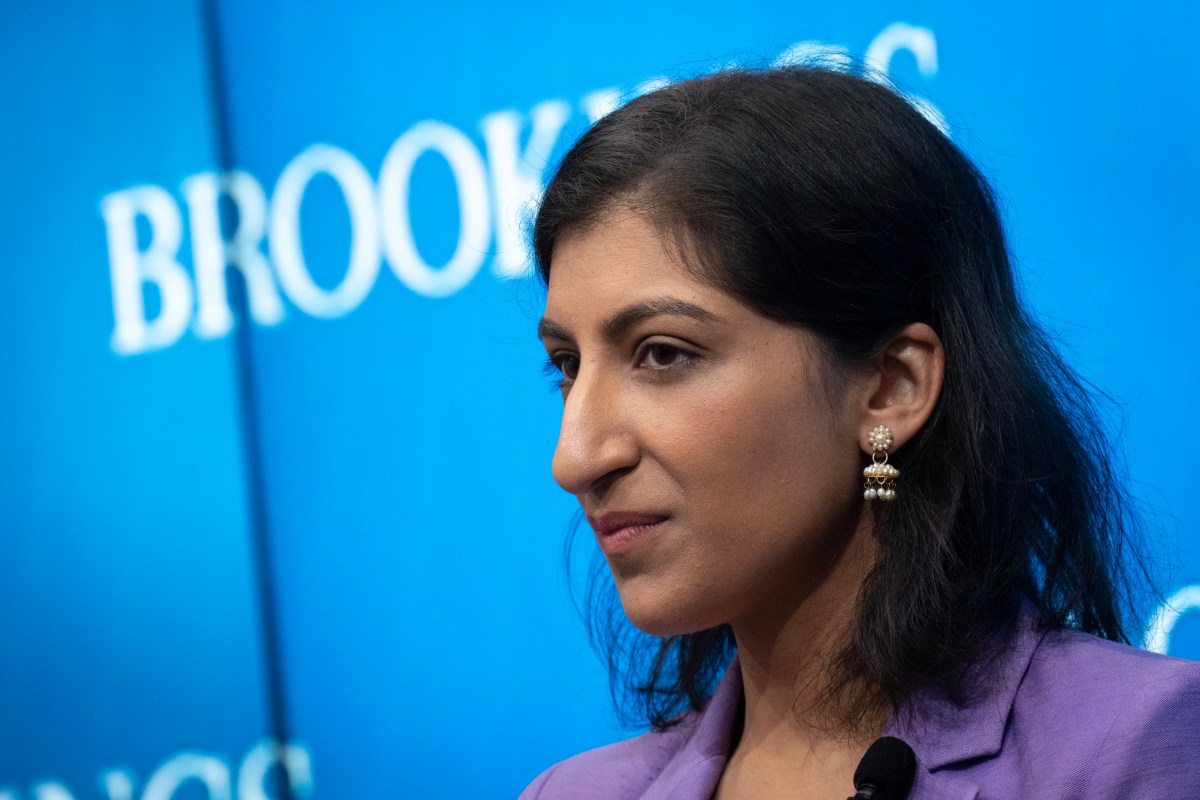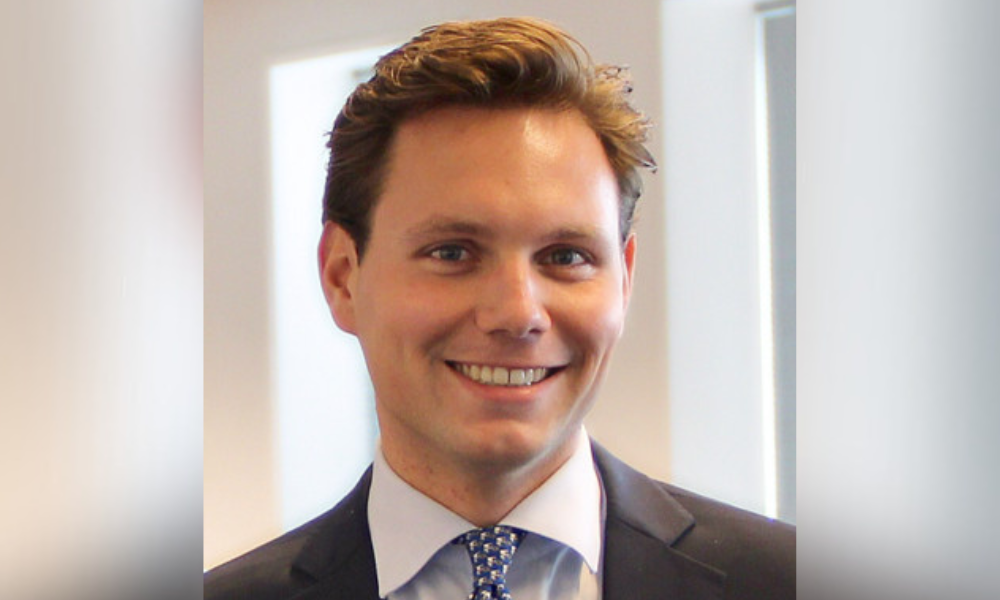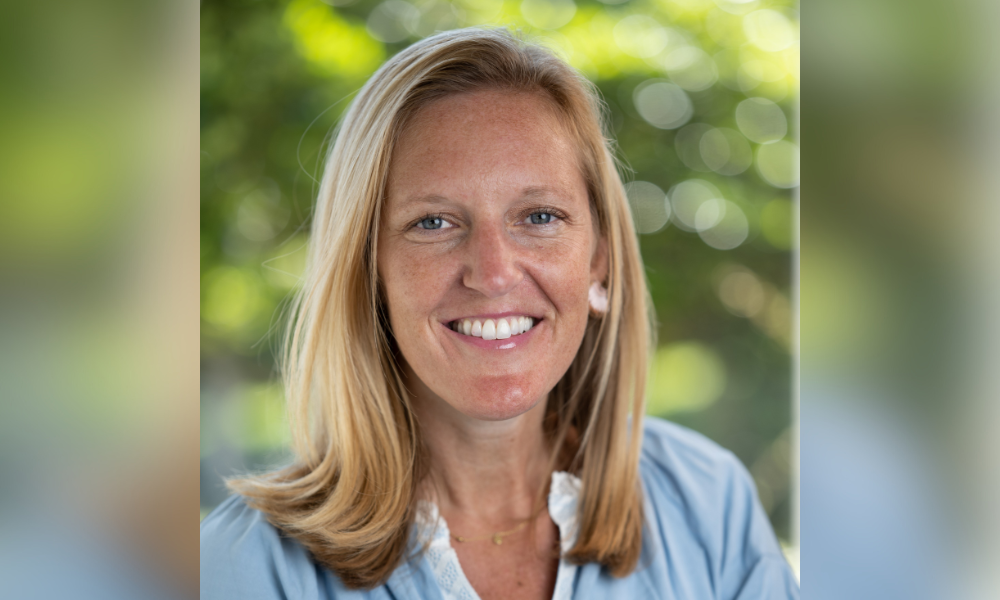Business trips are returning to pre-pandemic levels

Insurance News
By
2023 has seen a voracious return to travel, as pandemic restrictions ease internationally, and business trips pick up in frequency. As a result of this nomadic rebound, travellers must be well-equipped with insurance that provides robust coverage in the face of any potential medical emergency.
“Increased overseas travel calls for better insurance options,” said James Walloga (pictured), SVP of North American Accident and Health at Allied World. “However, as a result of the pandemic and rampant political unrest on a global scale, post-COVID travellers are a lot more cautious about their coverage and what is included in it.”
Speaking over lunch during RIMS in Atlanta, Walloga detailed the specific coverage that both travellers and some foreign countries are requiring, how “bleisure” trips and digital nomads are becoming more commonplace, and why underwriters need to tailor their packages to specific needs.
“People are beginning to ask more questions to ensure they’re fully covered”
Data from the Global Business Travel Association, which collated responses from 803 business travel managers, 63% of participants said their annual spend is already at pre-COVID numbers for international treks, while another 72% said the same for domestic travel.
“There is definitely an uptick in travel on the corporate side,” Walloga said. “However, people are beginning to ask more questions to ensure they’re fully covered no matter what country they visit.”
Employees tasked with venturing into foreign terrain for business matters are now booking appointments with human resources or management to really delineate how they will be protected in case of an emergency or accident.
“They’re definitely concerned with having robust medical coverage, but more and more are also inquiring about security coverage,” Walloga said.
There seems to be a greater sense of caution imbedded in business trips and employers are now ranking traveller safety near the top of their list when sending their employees to overseas destinations.
The increasing fraught geopolitical landscape worldwide can have an impact on this, with people wanting to make sure that in the face on any potential evacuation that they will be well taken care of.
“Thankfully, this type of coverage has been in existence for over ten years, and it has been honed over time as underwriters and insurers have assessed risk more thoroughly and reacted accordingly.”
The rise of “bleisure” travel and “digital nomads”
The term bleisure is an amalgamation of business and leisure trips, where an employee who may be in a foreign country for professional obligations will extend their stay to include more recreational activities.
“This type of travel predates the pandemic,” Walloga said.
“Millennials and Gen Z are particularly drawn to this as many prefer experiences over tangible items, admitting that they would trade personal time off (PTO) days for these opportunities.”
Employers have been responding quite positively to this type of arrangement, as they notice that when their employees return to work, they are much more focused and personally satisfied.
“They are coming back feeling invigorated and thankful to the company, which definitely boosts morale and productivity,” Walloga said.
There is also the presence of what Walloga calls “digital nomads,” which has also been gaining in popularity since the pandemic began.
“There’s a whole selection of individuals who, thanks to remote working methods, can set up a workspace in any location, whether nationally or internationally.”
As a result, the traditional insurance offered for business travel needs to become updated to reflect the needs of changing preferences, especially as younger generations enter the industry in larger quantities.
“Coverage needs to be more flexible and cover folks who are not just boarding a plane for business, but leisure as well,” Walloga said.
“The best way to develop a product is by talking to the end user”
In order to offer the best services to prospective travellers who may have niche concerns or needs when flying overseas, insurers need to be a little more creative and attentive.
“In the early days, you would have underwriters from different carriers look at risk individually,” Walloga said. “They would then tailor their programs based on what they have assessed.”
However, Walloga believes there should be a bit more collaboration with the individual the coverage is being written for, especially when travelling, as each person who may embark on a leisurely extension of a business trip.
“I’ve always felt the best way to develop a product is by talking to the end user,” Walloga said.
“This is the benefit of being at an event like RIMS, I get to speak to buyers, risk managers and others in the field, and find out what is really important to them.”
“Having these conversations then helps me go back to the drawing board and tailor a coverage to fit what their actual concerns are and really emphasize value.”
Keep up with the latest news and events
Join our mailing list, it’s free!






































